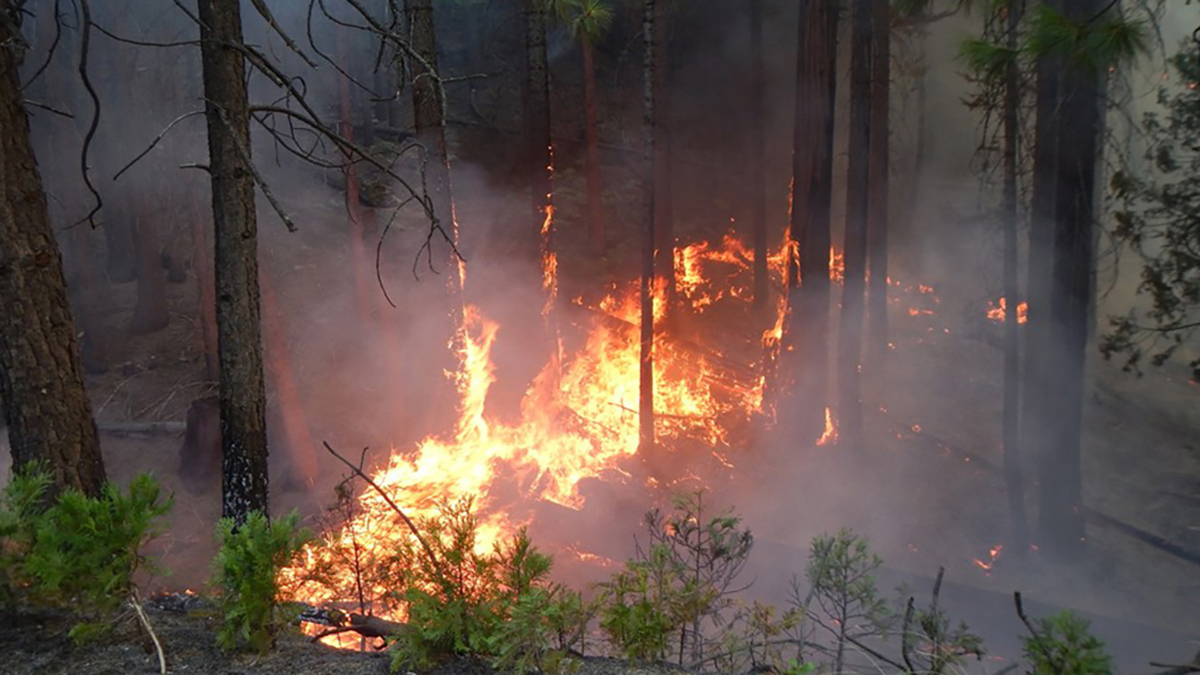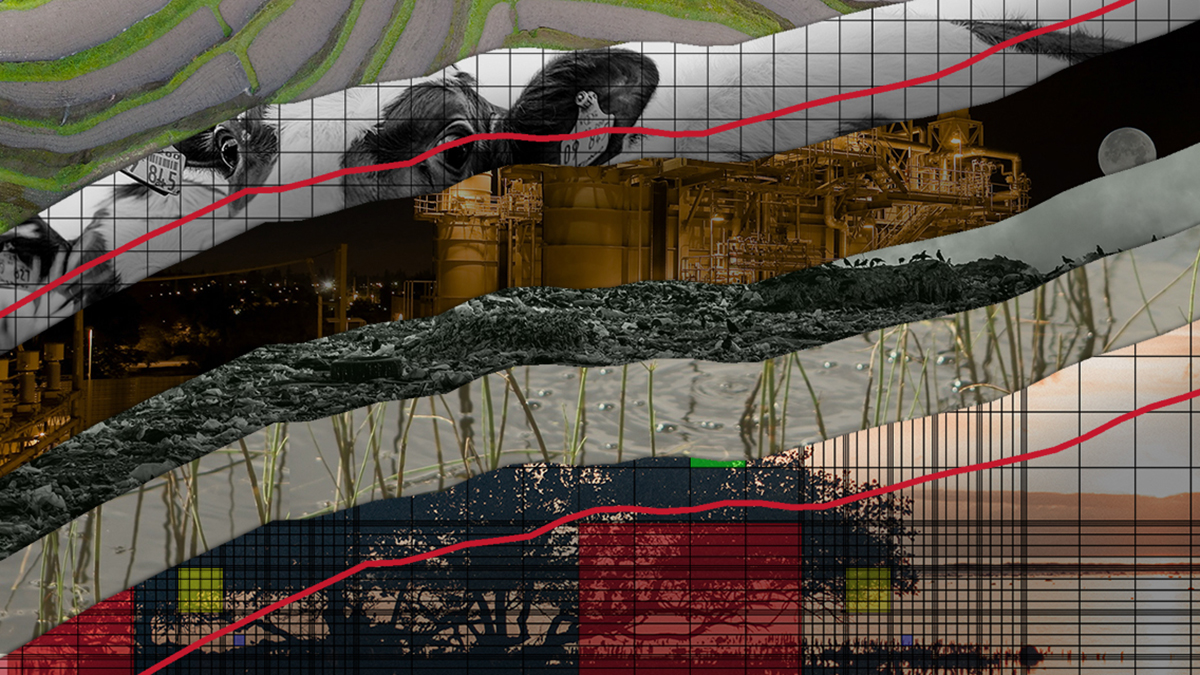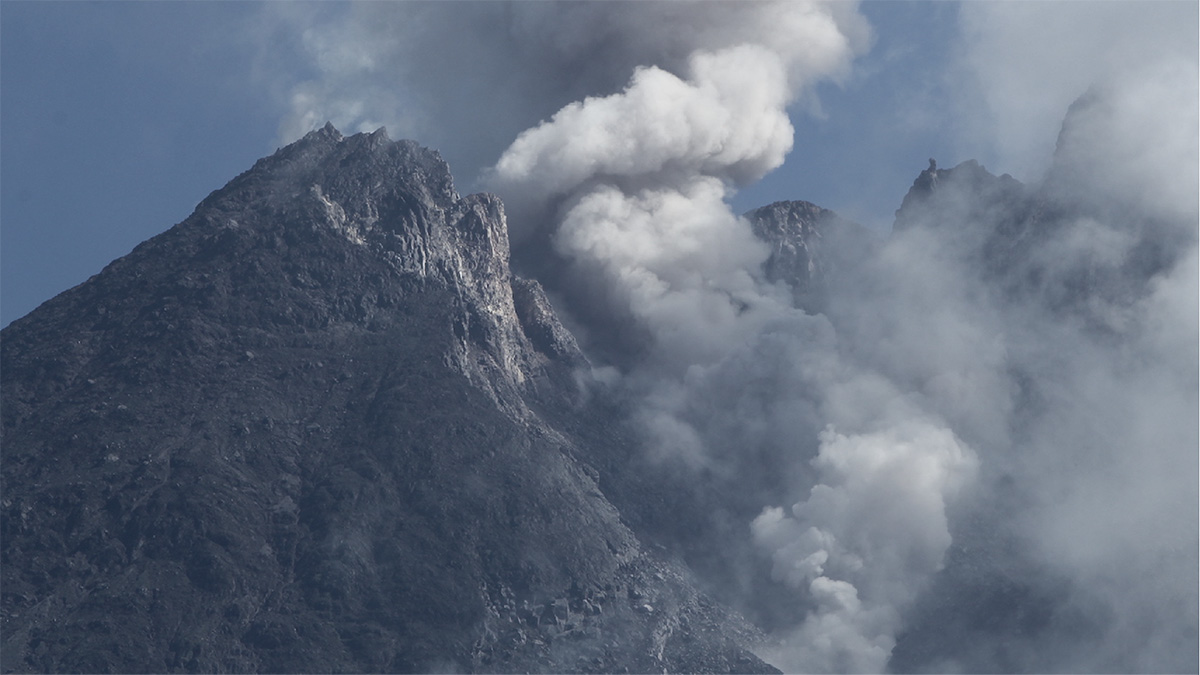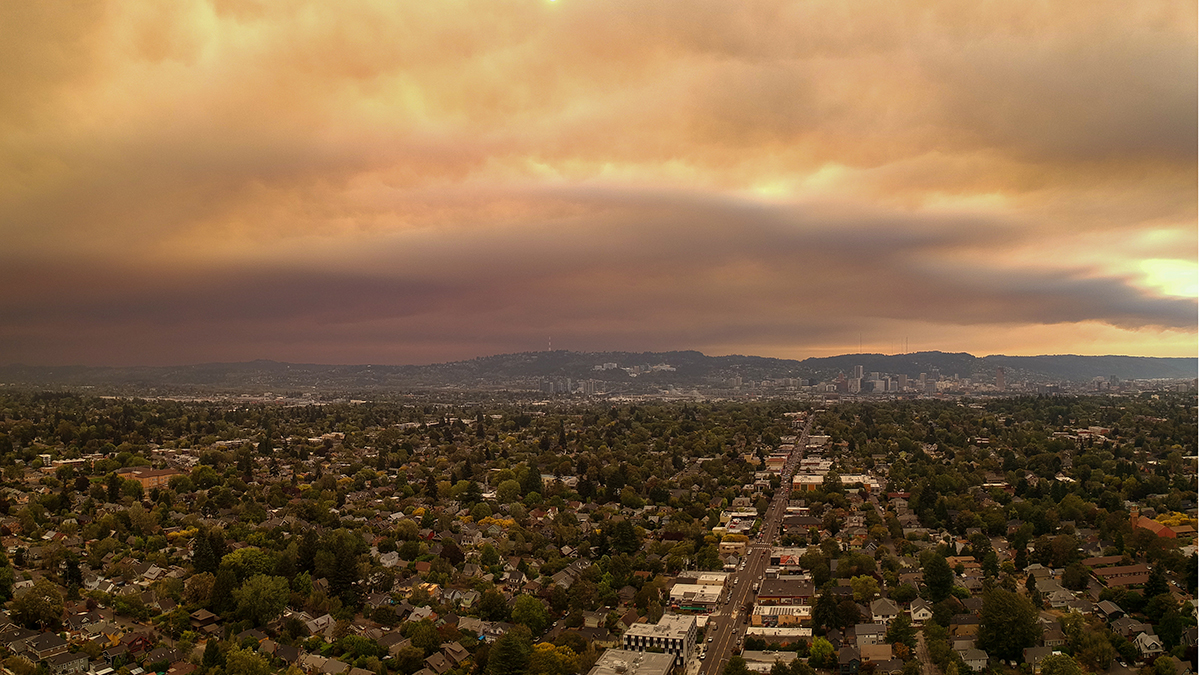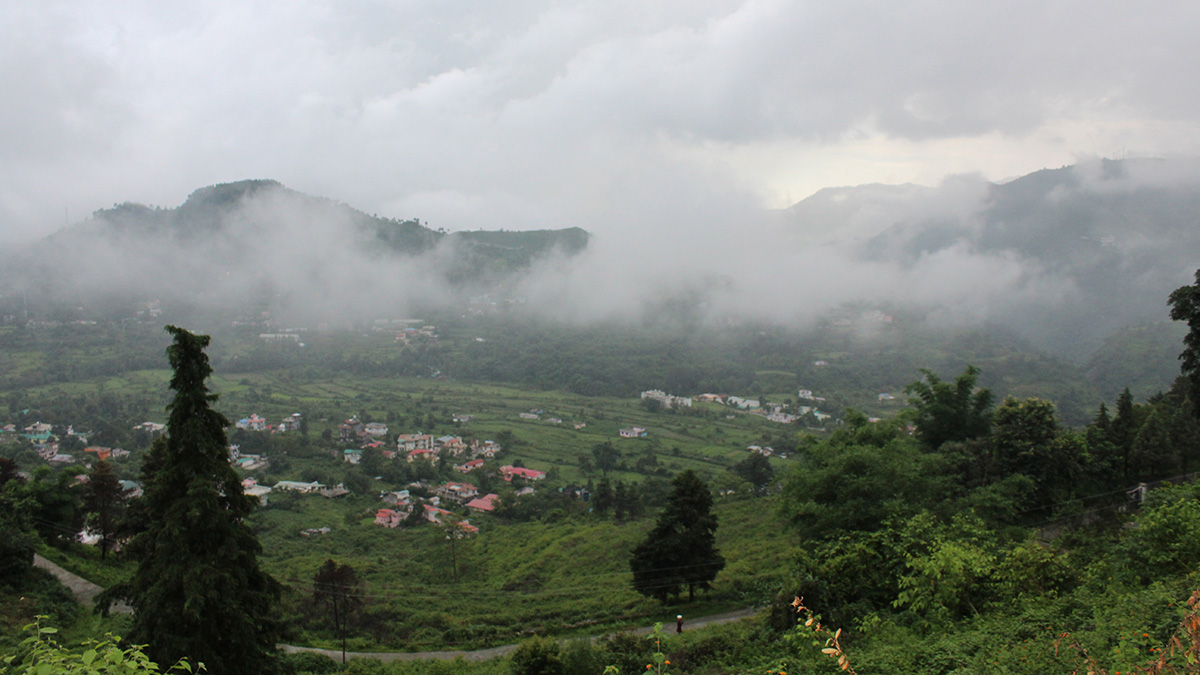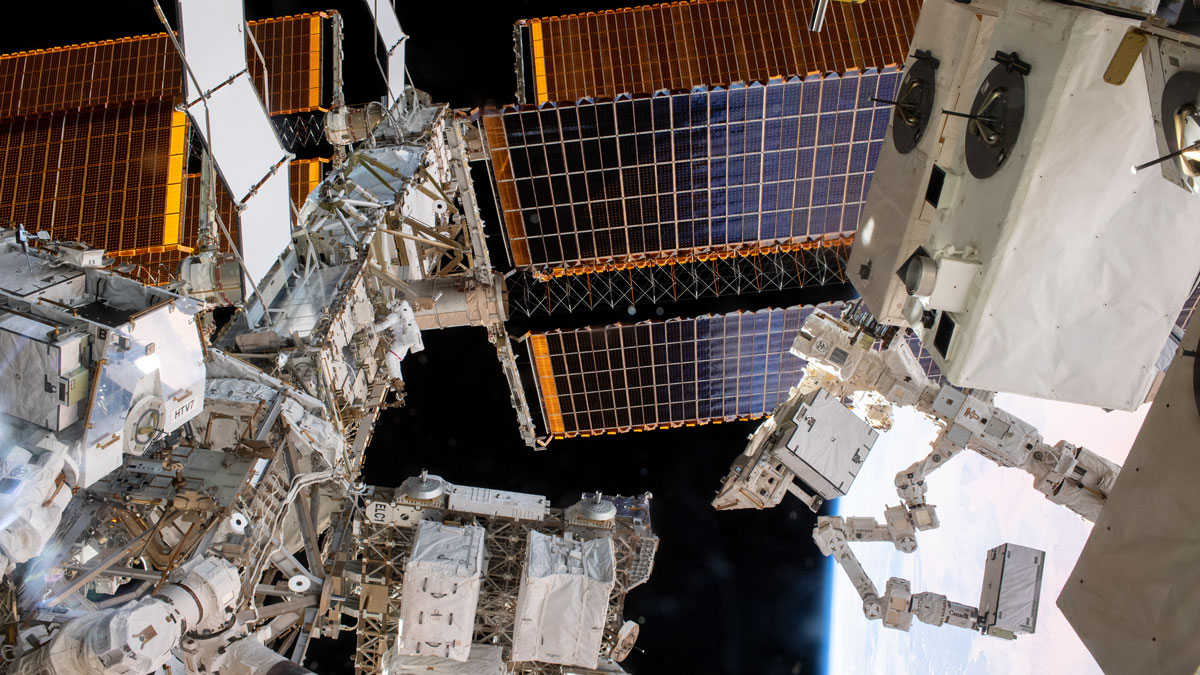A new study finds nature can’t have it both ways: On the basis of thousands of case studies from dozens of hurricanes, there’s always a trade-off between resistance and resilience.
News
La polinización se desplomó 31% en campos contaminados
Los niveles de contaminación del aire por debajo de los límites “seguros” (y más bajos que los que comúnmente se encuentran en las ciudades) llevaron a una disminución significativa de la polinización de hasta por 10 insectos comunes.
Giant Planet’s Formation Caught in Action
Astronomers took a direct image of a massive protoplanet embedded in a protoplanetary disk. The system provides strong evidence for an as-yet-unconfirmed theory of planet formation.
U.S. Fires Quadrupled in Size, Tripled in Frequency in 20 Years
Changes including intensifying drought, expansion into burnable land, and an increase in human-caused ignitions have led to a shift in fire patterns.
A Climate Mystery Warns Us to Heed the Unknown
The Curve is a series charting the mysterious rise of methane in our atmosphere and the quest to find its source.
Drones Discover Hidden Weaknesses of Collapsing Volcanoes
Understanding buried, hidden zones of structural weaknesses within Indonesia’s Merapi volcano can help to substantially advance our ability to predict catastrophic dome failures.
Unhealthy Air Could Become Routine in the Pacific Northwest
If the world stays on fossil fuels, fine particle pollution from wildfire smoke could more than double in the late summer to early fall in the U.S. Pacific Northwest by 2100.
Robotic Vehicles Explore World War II Era Ocean Battlefields
Project Recover used autonomous underwater vehicles to identify, access, and image hard-to-reach World War II wreckage sites near the Northern Mariana Islands.
Higher Sea Surface Temperatures Could Lead to a Weaker Monsoon
Most climate models predict that the South Asian monsoon will strengthen with climate change, but new research indicates warmer ocean temperatures may lead to a drier phenomenon.
Scientists Fight to Keep Lidar on the Space Station
Remote sensing experts may lose a key tool in the fight against climate change.




